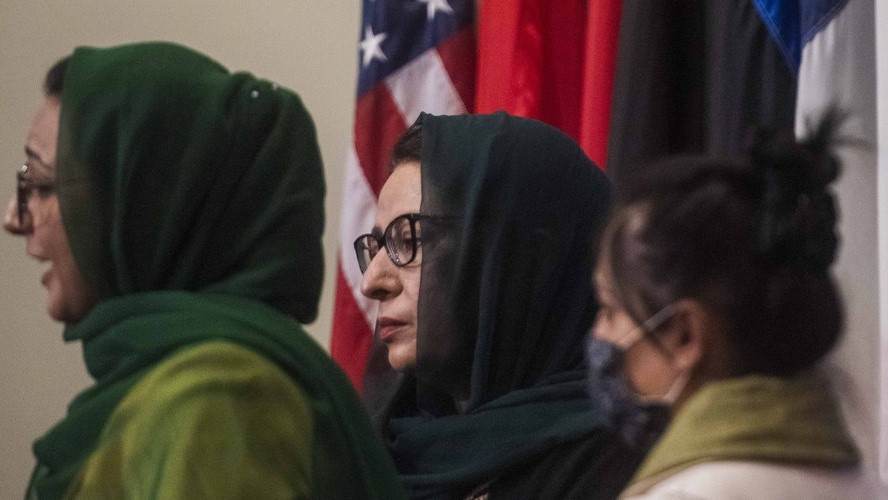Afghan Women Are Standing Up Against Taliban Rule To Fight For Rights
Jul 15, 2024 / GMT+6
In Afghanistan, girls can't go to school beyond sixth grade. They're also not allowed to attend university, and secondary schools for women have closed.
More topics for you...This topic continues below.
China reports record $1.2 trillion trade surplus for 2025, defying Trump's tariffs.
In Afghanistan, women under Taliban rule are forming networks to stand up for their rights amid tough conditions, as reported by Deutsche Welle. With little support from the West, these women are taking active steps to protect their freedoms.
The Purple Saturdays Movement, a prominent advocacy group, leads peaceful protests every week. Founder Maryam Maroof Arvin expressed disappointment over the UN's decision to engage with the Taliban without female representation.
Currently, only 3% of Afghanistan's population lives above the poverty line, showing widespread economic hardship. Taliban spokesperson Zabihullah Mujahid dismissed international concerns about women's rights as an "internal matter," showing ongoing challenges.
Education remains a critical issue. Girls can't continue their education beyond sixth grade, universities are closed to them, and secondary schools for girls have shut down. Meanwhile, the Taliban seeks international recognition and the lifting of sanctions, highlighting their efforts to normalize their rule.
Amid these challenges, Afghan women are bravely navigating a landscape full of obstacles, relying on grassroots mobilization to protect their rights. Their strength in the face of difficulty shows their determination for equality and justice in a rapidly changing geopolitical landscape.







